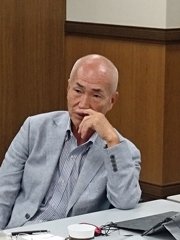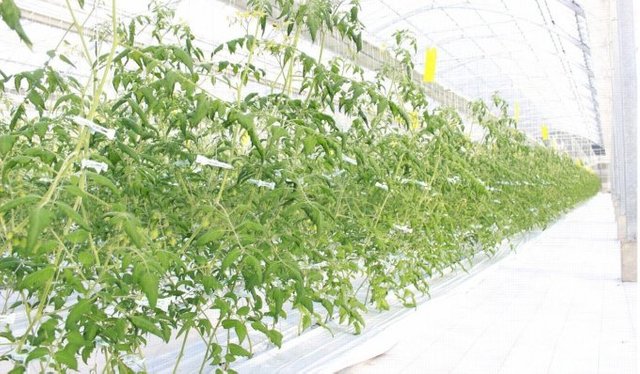FARMS: TECHNOLOGY AND CULTIVATION TECHNIQUES- POLYMER FILM TECHNOLOGY
.jpg)
One thing that is constant in life is change and until we adopt the possitive change things will always remain as they are.
That is why the idea of @farms is so laudable in feeding the world one community at a time. In Africa particularly in Nigeria youths are encouraged to venture into farming and various agricultural practices to alleviate poverty in the land, even if it is the crude methods that are adopted.
.jpg)
Technology and cultivation techniques have evolved to a stage due to factors that have hindered the smooth practices of agriculture resulting from climate change caused by soil pollution from over fertilization, e-waste dumps, plastics, oil spills, over grazing and loss of fertile lands which has escalated the problems of quality food shortage in the world. Studies at the University of Sheffield’s Grantham Centre said by 2050, food production will need to increase by 50 percent to feed the world’s projected population of about 9 billion.
Farming without soil
A New Japanese tech has made growing fruit and vegetables possible in any environment of your choice.
Japanese experts made a breakthrough in farming technology, by using polymer film to grow various foods like vegetables.
.jpg)
Drop Farm has grown boutique tomatoes in Ibaraki Prefecture, using the polymer film farming technique.
In one little room inside the Mebiol Research and Development Center, outside of Tokyo, a baby Cos lettuce leaves are growing in a tray under magenta-coloured lights. In another shelf, in a small garden of microgreens is flourishing across the surface of a dish. These seedlings have been cultivated without soil but atop a thin, transparent polymer film.
This polymer film is the key to a cutting-edge farming method that makes it possible to grow fruits and vegetables on practically any flat exterior or surface.
Made of hydrogel
A super absorbent material that is typically used in household products such as disposable diapers, the film works effectively by soaking up water and nutrients through a multitude of nano-sized pores measuring one millionth of a millimetre in diameter.
The plants grow on top of the film, but instead of digging into the ground or where there is soil, the roots are spread across the surface of the membrane in an array fan-like formations.
This Film farming is the brainchild of Japanese Yuichi Mori, the chemical physicist who founded Mebiol in 1995.
The 75-year-old, Mori spent the majority of his career developing polymer technologies to better the medical industry. However, fascinated by plant biology and found inspiration in the adaptability of the vegetable kingdom in plants.

In his words he says, “In many ways, plants are more remarkable than humans,” he observes, pointing out that plants sustain life on earth by providing a source of food for animals and removing excess CO2 from the air. He was always thinking of how to maximise the power of plants to better the world.
The idea of applying this polymer technology to agriculture came to him as he was building an artificial kidney about 20 years ago. He wondered if that same mechanism used to construct synthetic blood vessels and membrane filters could be used as a medium for vegetables growth.
According to Mori, “Plants can solve many of society’s problems – from lifestyle diseases to environmental issues, I envisioned a world where we could take plants everywhere.”
His experiment began by growing a small patch of grass on hydrogel film under LED lights. After about a little over a decade of experimentation, Mori and his colleagues now developed a soil-free farming system that could be used to cultivate crops in greenhouses on a much larger scale.
Where we are now
This question is up to us at syeemchurch farms to take more giant strides in addopting new technologies that will provide quality food for our ever growing population and a better environment. The water saving technology adopted in Japan is a welcome idea in Africa where we have dry seasons to contend with in our agricultural practices.
Africa has good agricagricultural lands to farm. We only need to adopt safer technologies to reduce food scarcity. Let there be every home a farmer.
Reference:
https://www.google.com/amp/s/m.scmp.com/magazines/style/article/2094426/farming-without-soil-new-japanese-tech-makes-growing-fruit-and%3famp=1
I am @gloeze.

